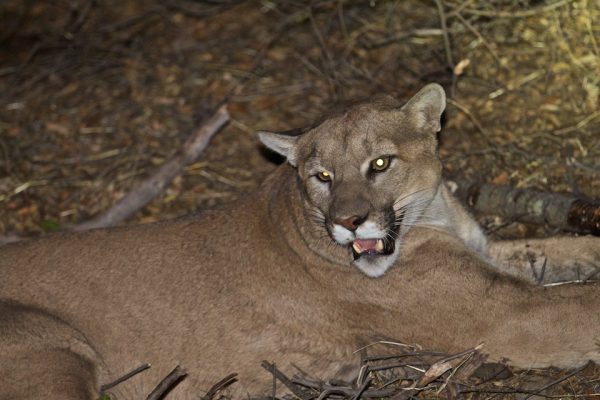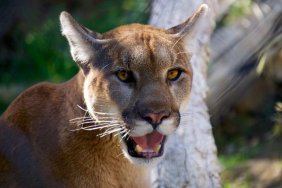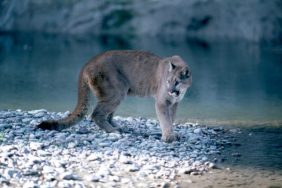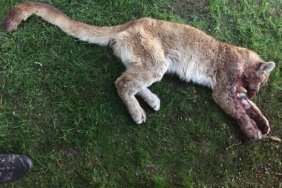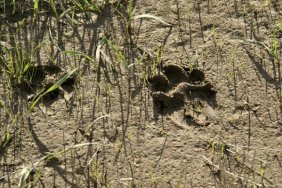In most parts of the country, when a rancher has livestock killed by a mountain lion they obtain a permit and dispatch the offender with lethal force. But most parts of the country are not like Malibu.
Where the tony neighborhood intermingles with small ranches and horse stables, a mountain lion known to biologists as P-45 has created quite a controversy. It all started when the famed big cat, which is collared and tracked by wildlife officials within the Santa Monica Mountains, killed 11 alpacas at Malibu Family Wines.
Property owner Victoria Vaughn-Perling, who used the alpaca fur to make clothing. The woman than obtained a temporary depredation order that allowed her to shoot the 4-year-old cat if it came back to threaten more of her animals.
A public meeting in Agoura Hills on Wednesday drew large crowds with heated discussions between wildlife advocates and attorney for the 1,000-acre ranch.
But on Friday, Victoria said she does not intend to kill the animal. For now she is working with California Fish and Wildlife officials to erect a stronger fence and possibly some dogs to protect the livestock.
Los Angeles County Supervisor Sheila Kuehl also worked with the ranch owner and signaled to other homeowners in the area their willingness to help them establish more effective barriers, according to the LA Times.
Ranch owners apparently did all they could to try and avoid the situation. After two alpacas were attacked in November 2015, the lion was captured and relocated. Then in January , it had returned and killed another, prompting the installation of lion-proof fences. But that too, proved to not be enough.
Mountain lions are not considered threatened or endangered in California, however about 10 to 15 of them live within the confined of the Santa Monica Mountains hemmed in by freeways. As a result local wildlife officials take a particular interest. You can read profiles on more than 50 mountain lions here.
Some officials have talked of building a landscaped wildlife bridge especially for the mountain lions so that they can cross the freeway safely, but it would come at a cost of at least $56 million.
Photo credit: National Park Service
Mountain Lions of LA
-
Mountain Lions of LA
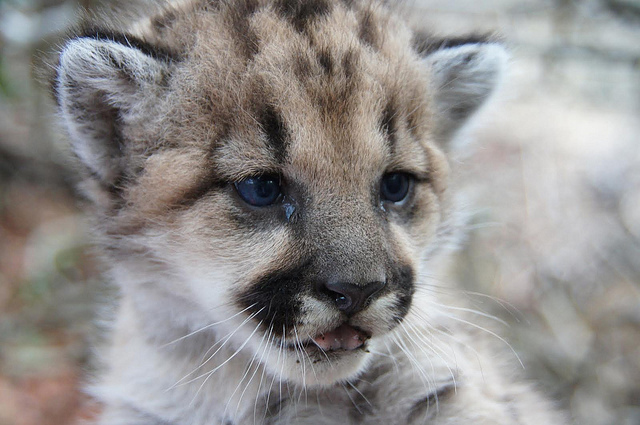
Photo credit: National Park Service
-
Mountain Lions of LA
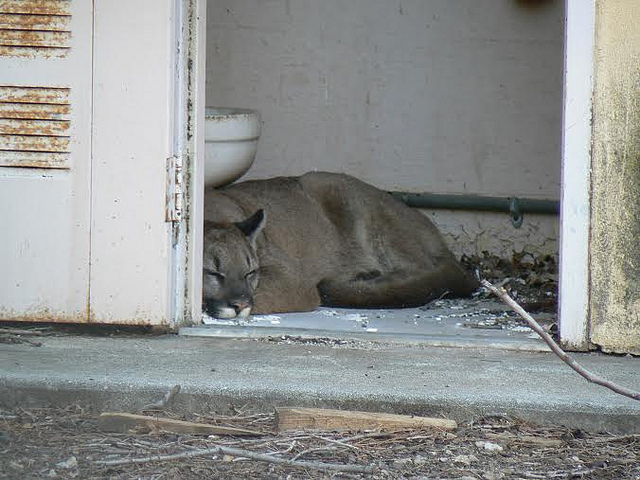
Photo credit: National Park Service
-
Mountain Lions of LA
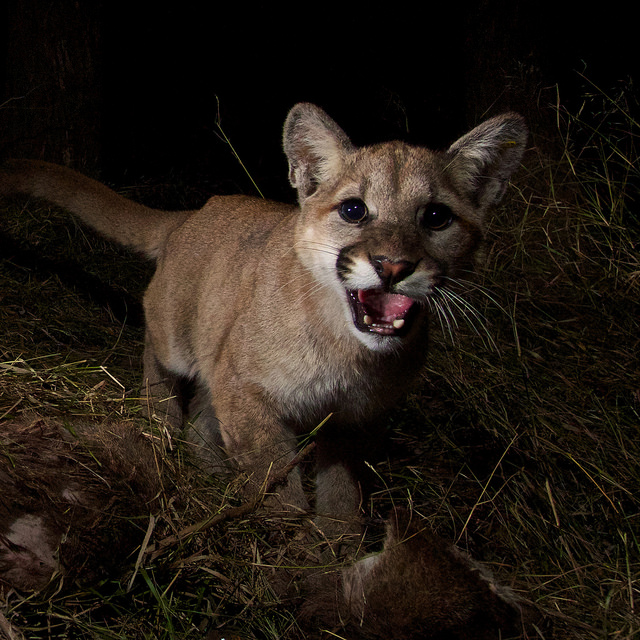
-
Mountain Lions of LA
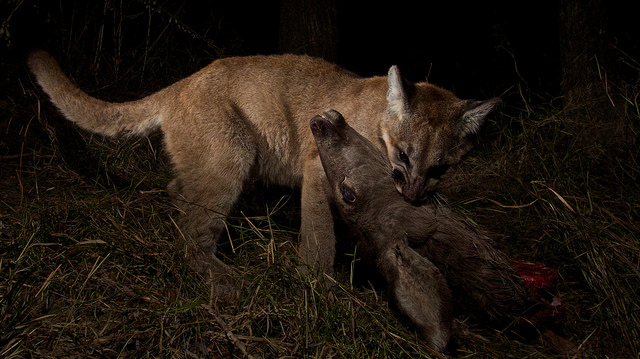
Photo credit: National Park Service
-
Mountain Lions of LA
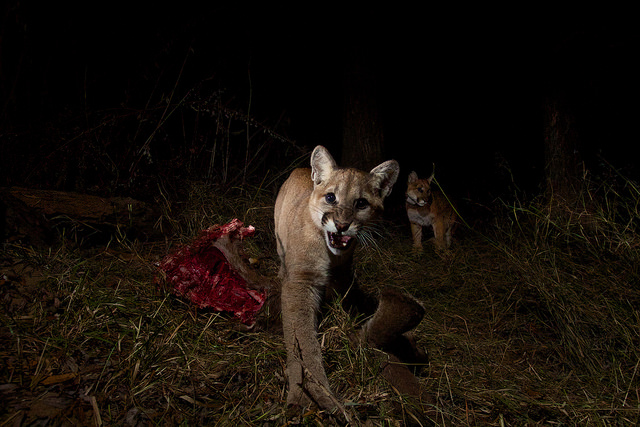
Photo credit: National Park Service
-
Mountain Lions of LA
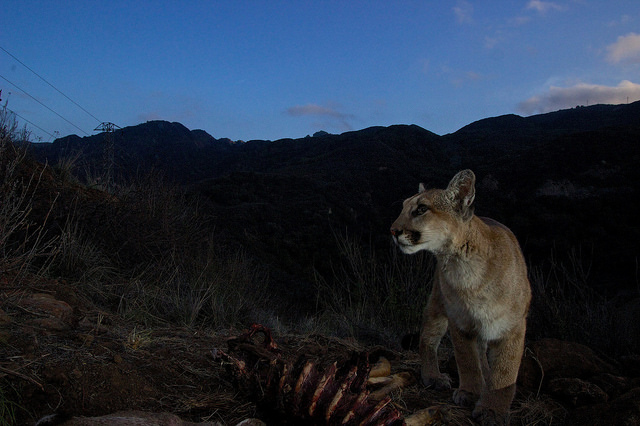
Photo credit: National Park Service
-
Mountain Lions of LA
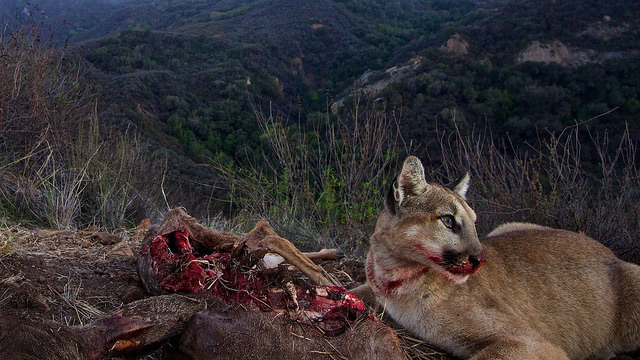
Photo credit: National Park Service
-
Mountain Lions of LA
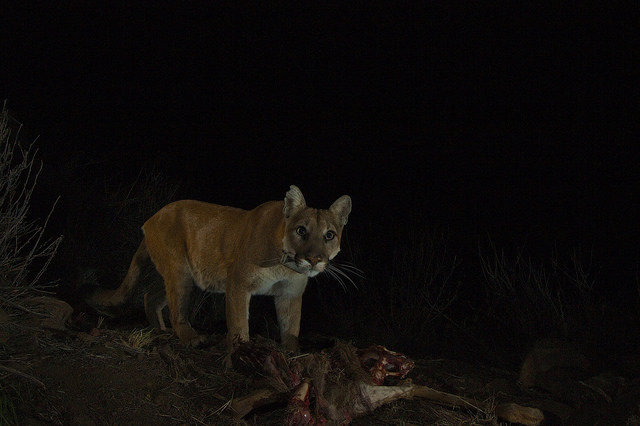
Photo credit: National Park Service
-
Mountain Lions of LA
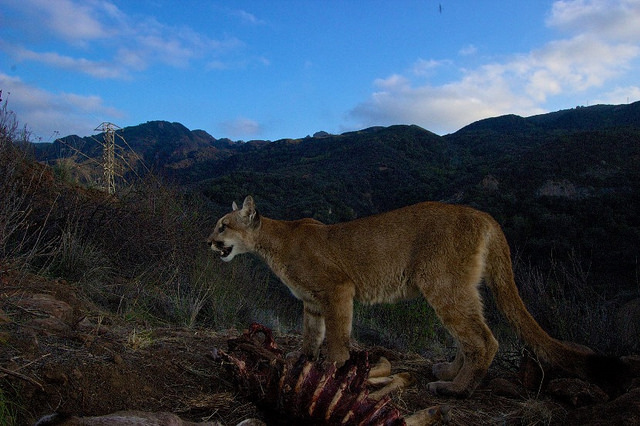
Photo credit: National Park Service
-
Mountain Lions of LA
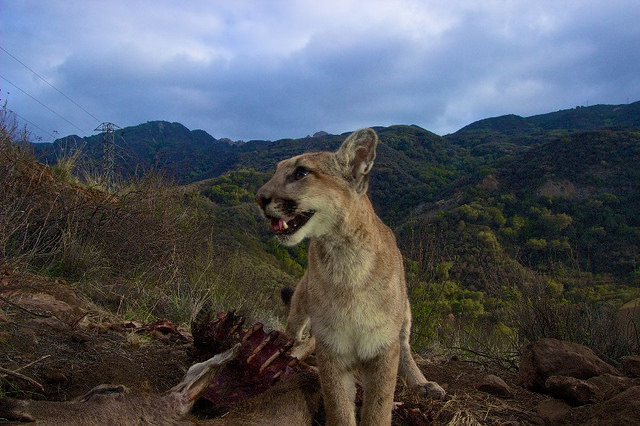
Photo credit: National Park Service
-
Mountain Lions of LA
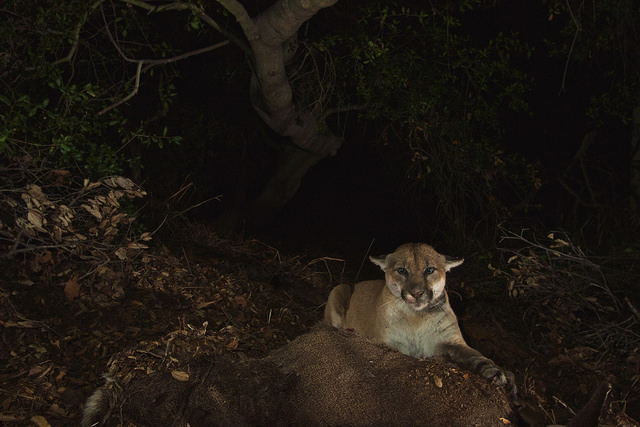
Photo credit: National Park Service
-
Mountain Lions of LA
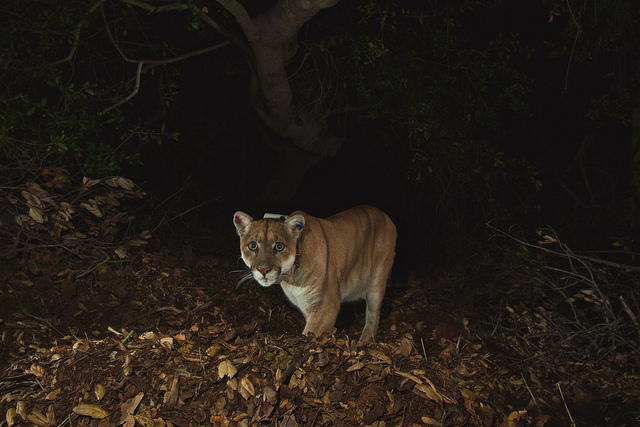
Photo credit: National Park Service
-
Mountain Lions of LA
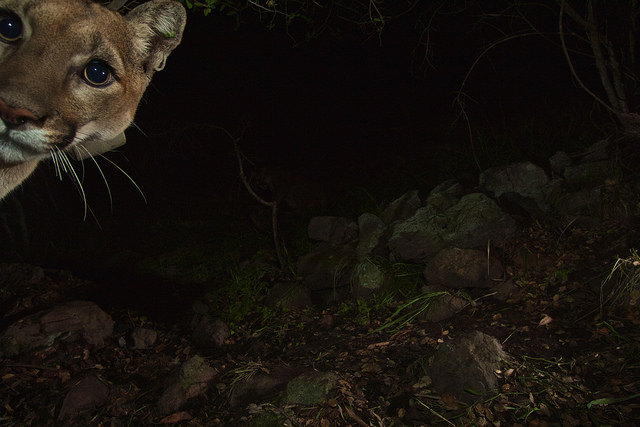
Photo credit: National Park Service
-
Mountain Lions of LA
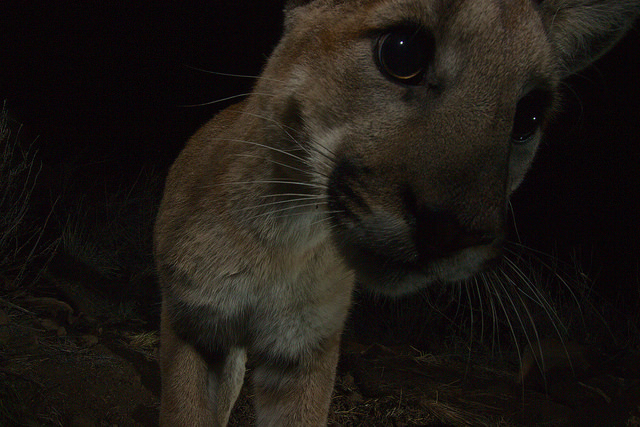
Photo credit: National Park Service
-
Mountain Lions of LA
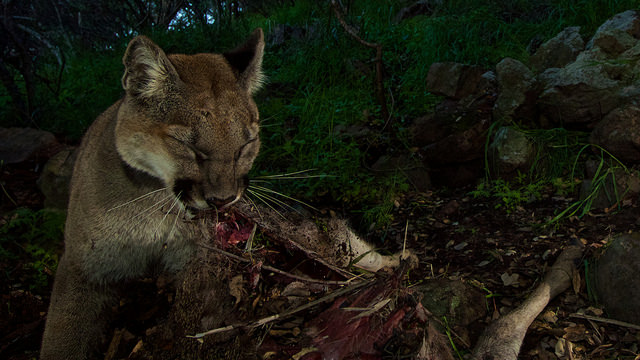
Photo credit: National Park Service
-
Mountain Lions of LA
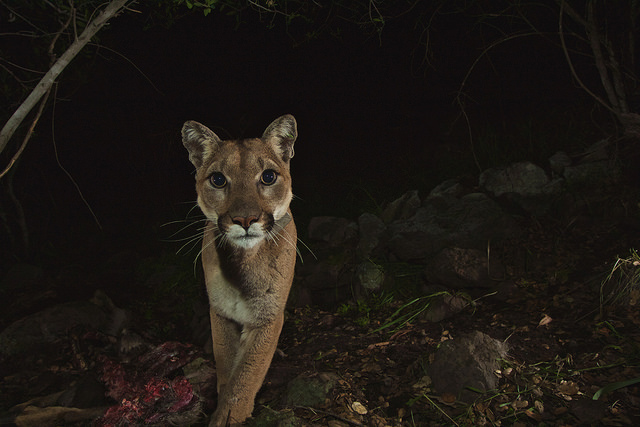
Photo credit: National Park Service
-
Mountain Lions of LA
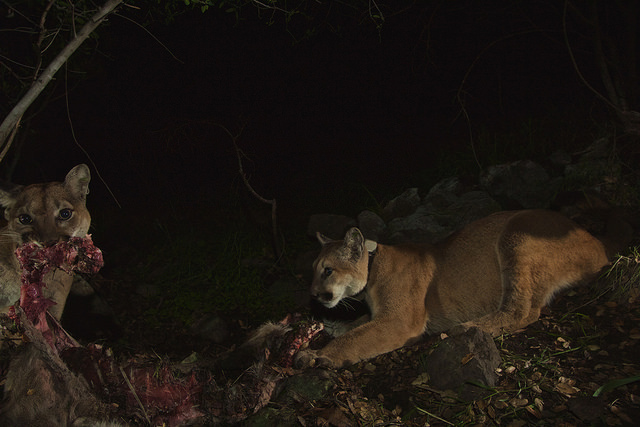
Photo credit: National Park Service
-
Mountain Lions of LA
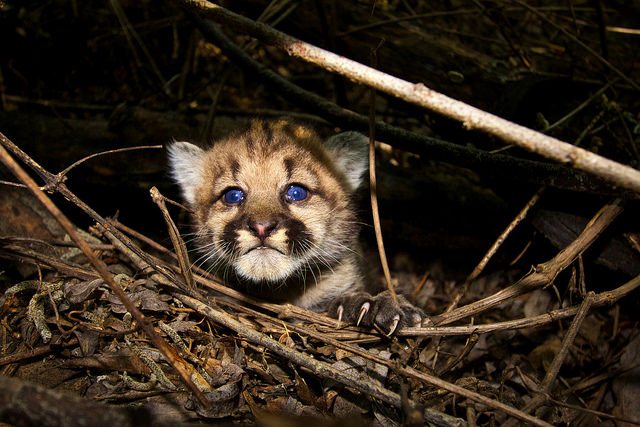
-
Mountain Lions of LA
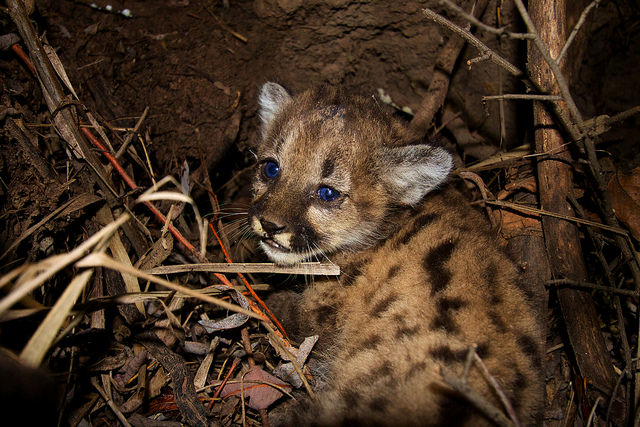
Photo credit: National Park Service
-
Mountain Lions of LA
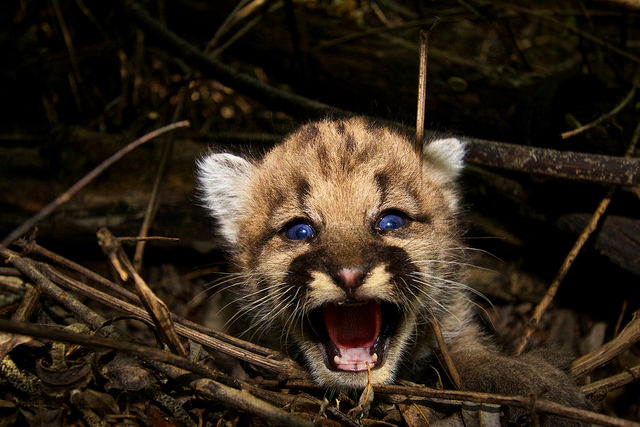
Photo credit: National Park Service
-
Mountain Lions of LA
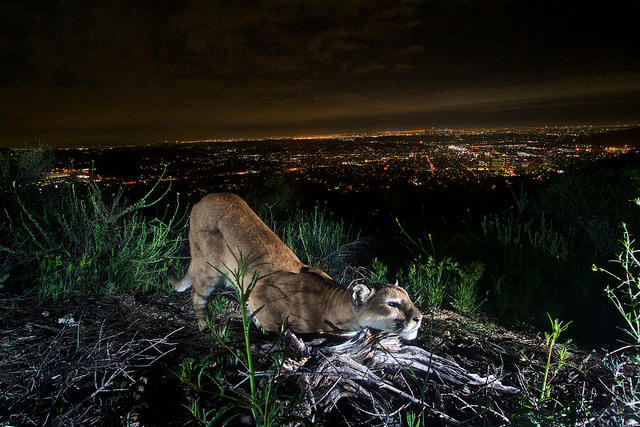
Photo credit: National Park Service
-
Mountain Lions of LA
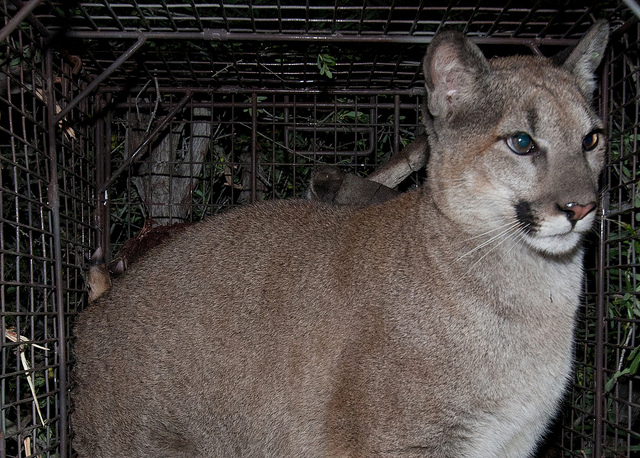
Photo credit: National Park Service
-
Mountain Lions of LA
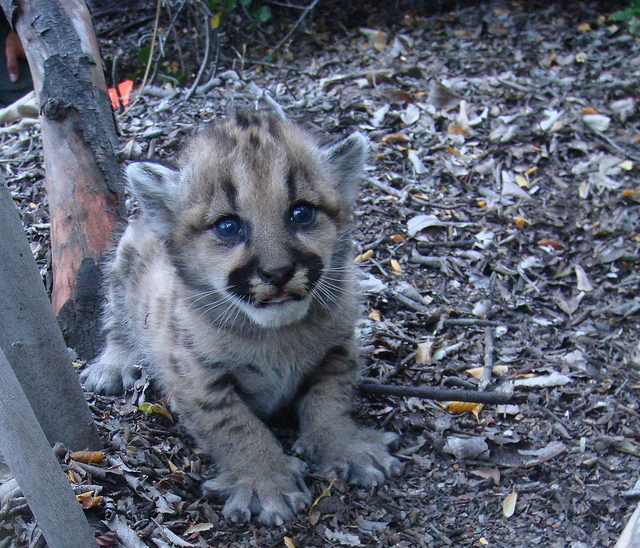
Photo credit: National Park Service
-
Mountain Lions of LA
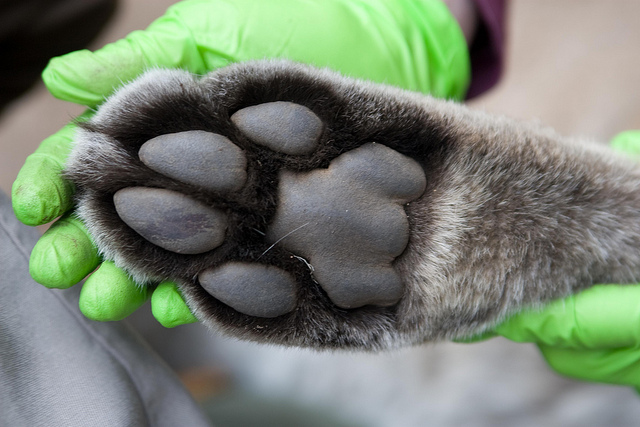
Photo credit: National Park Service
-
Mountain Lions of LA
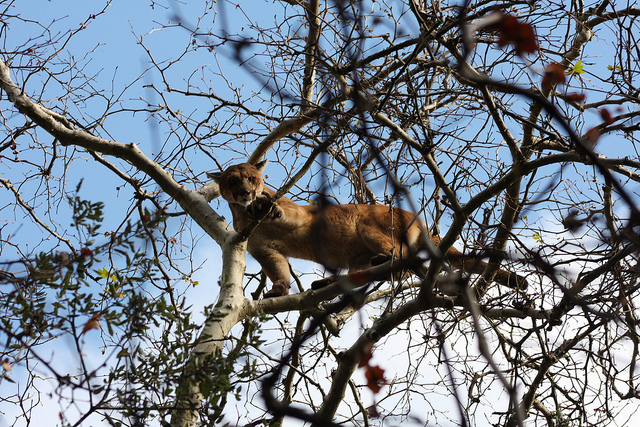
Photo credit: National Park Service
-
Mountain Lions of LA
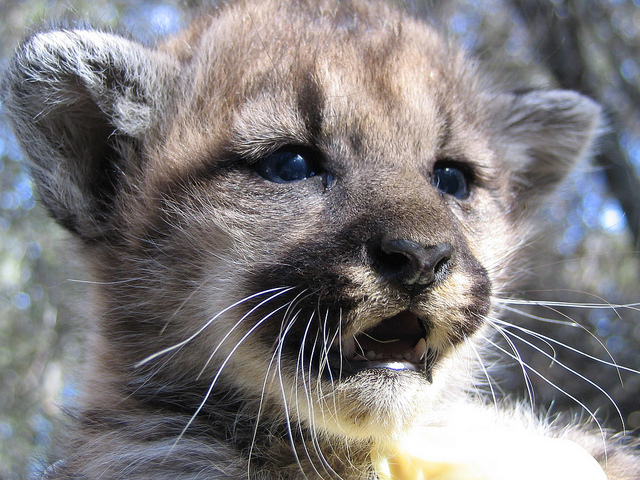
Photo credit: National Park Service
-
Mountain Lions of LA
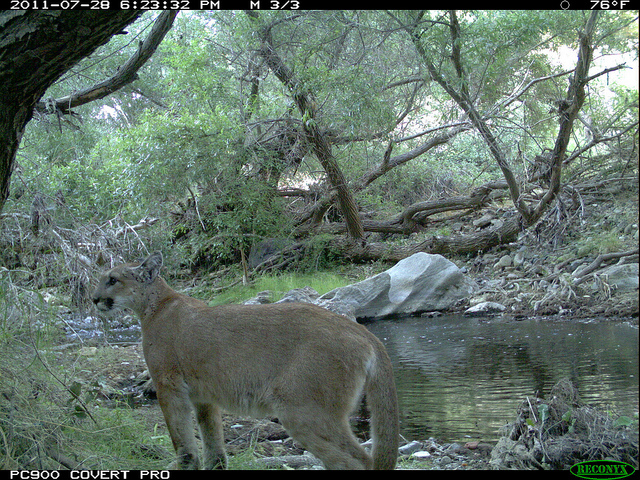
Photo credit: National Park Service
-
Mountain Lions of LA
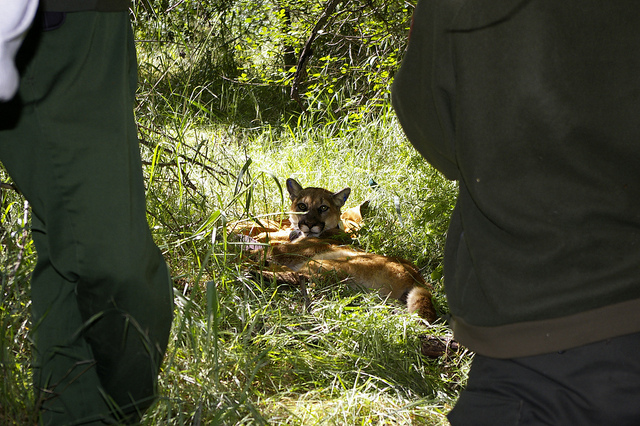
Photo credit: National Park Service
-
Mountain Lions of LA
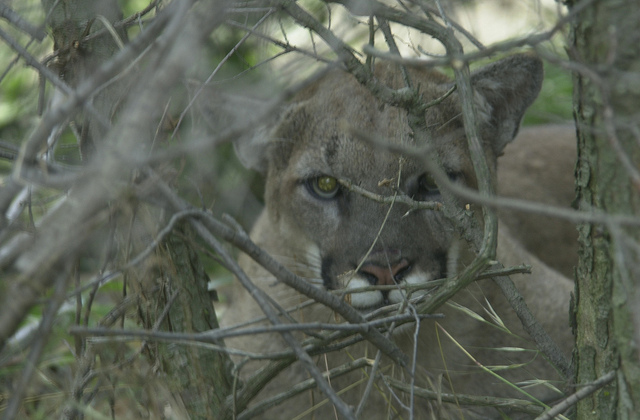
Photo credit: National Park Service
